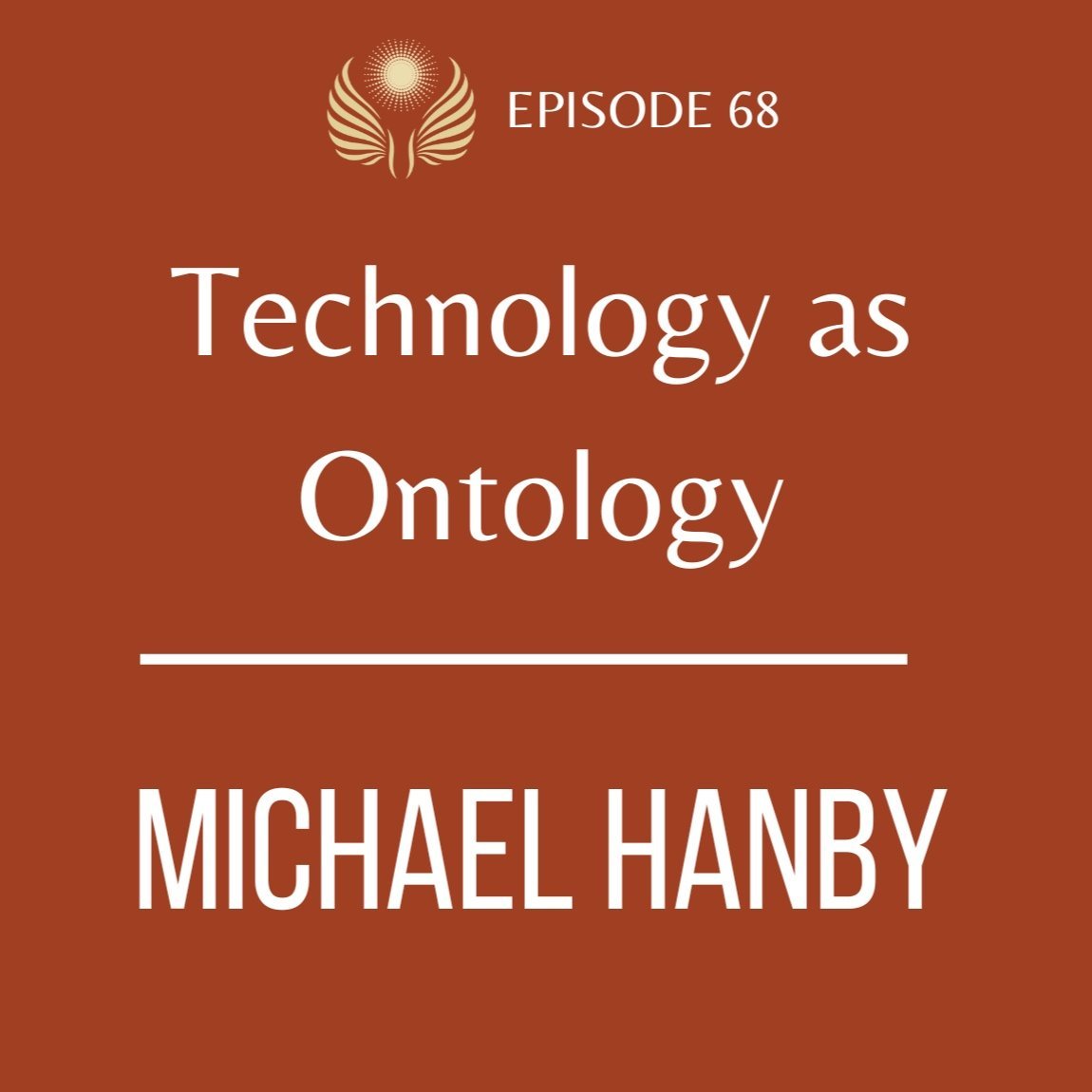The Genealogies of Modernity Journal
Xi’s "China Dream" is Science Fiction: Part II
Through the guise of hypotheticals and future realities, authors of the genre can critique current conditions and disseminate their ideas to a broad, sometimes international, audience.
Andrew Latham and Erica Paley on Chinese science fiction
Xi’s “China Dream” is Science Fiction
Official efforts to promote science fiction in support of national rejuvenation have the perverse effect of encouraging a genre that is shot through with powerful anti-totalitarian tropes.
Andrew Latham and Erica Paley on Chinese science fiction
Technology as Ontology
In a time when technology has made it possible to change our very bodies in ways that would have been unimaginable to previous generations, are we less human than before?
An interview with Michael Hanby
Can AI Be Our Neighbor?
In making computers to solve ethical dilemmas and robots to enter relationships, are we creating something in our own image? Is it possible to separate intelligence or emotion from the body?
An interview with Noreen Herzfeld
In Search of Ordinary Time
Everyday life—that boring and mundane, trivial and profane measure of our existence—assumed tremendous significance when modern artists like Vermeer gave depth perception to our daily doings.
Joshua Hren on ordinary time in art and the Gospels
Is Modernity Haunted by Gnostic Ghosts?
What I'm interested in are those discourses [...] which seem to be interested in negotiating with Christianity, but actually want to overcome it on narrative grounds.
A podcast interview with Cyril O’Regan
Living with our Terminal Diagnosis
Contentment requires that one appreciate the good things in life.... We should view reality with a loving, contemplative gaze, as if we were looking at the Rowan Tree.
Xavier Symons reviews the film Living as an antidote to modern malaise
Virgil, the Shepherd
If we read Virgil’s works closely, we can see how he anticipates a Christian view of creation in his approach to the pastoral…. His vision of pastoral poetry is more Christian than classical.
Mary Grace Mangano on Virgil’s Christian approach to creation
Signals of Barbarism
Early modern science emphasized an optical connection to the universe,' making its brilliance appear close enough to touch. Tragically, this optical achievement consigned the individual to reflect on an unbridgeable distance.
Michael Golec on the confluence of civilization and barbarism
Sacred Artifacts in the Era of the Digitalized Family
Today, the very nature and purpose of the family snapshot has changed. What does it mean that the majority of our pictures of family have become dematerialized?
Arthur Aghajanian on family photographs and the transcendent
Seeing the World, Again
What the interiority of reflection reveals is that which is interior to everything that exists: their reality as God’s creation.
Ali Harfouch on Islamic theology and reflection in the modern age
Inscribing Devotion between the Medieval and the Modern
The donation of portable Mass kits was a way for non-combatants to participate in the war effort in a way that is uniquely tied to religious material culture.
Sarah Luginbill on medieval and modern liturgical inscriptions
Wilfrid Ward and the Modernist Crisis in England
At the heart of the modernist controversies was the question of how human subjects are able to experience the transcendent God.
Elizabeth Huddleston on the perplexity of modernism
Ruled by Different Rhythms
The way to break the vicious cycle of Fascism and Anti-Fascism… is to embrace a more personalistic conception of the state which sees in the individual a meeting place of relationships of every kind.
Matthew Scarince on Christ Stopped at Eboli
Disenchantment and Mass Advertising
Rosenberg reminds us that we can't assume modernity means a sundered sacrality. Rather, our discovery that we can produce the sacred means there is potentially more of it than ever before.
Lyle Enright reviews The Rise of Mass Advertising
Eros, Thanatos, and Bloom
This interplay of death and eros produces a flight of words in Ulysses which signals our fundamental need to give birth to beauty—not simply in the body of another, but in eternity.
Daniel Fitzpatrick on love and death in Joyce’s writing
Critical Theory and Ancient Political Philosophy: Part III
Philosophy does not point toward an abstract transhistorical truth for humanity, but rather to a murky, historically contingent truth… the truth of historical and material conditions.
Joseph Natali on Horkheimer’s Discontinuity with the Ancients
Critical Theory and Ancient Political Philosophy
It is only through the practice of an explicitly critical philosophy that a wholly stagnant self-affirming social order can be avoided.
Joseph Natali on Horkheimer critical theory and the meaning of philosophy
Critical Theory and Ancient Political Philosophy: Part II
For Horkheimer, his method of critical theory, are the truest continuation of the initial philosophic project of the Western tradition.
Joseph Natali on Max Horkheimer and the critical role of Socrates
The Occupation That Never Ended
Del Noce supplies a crucial element lacking in the filmmaker: a transcendental perspective from which to begin the work of restoring life to society and the political community.
Matthew Scarince on The Crisis of Modernity and Francesco Rosi’s Salvatore Giuliano























